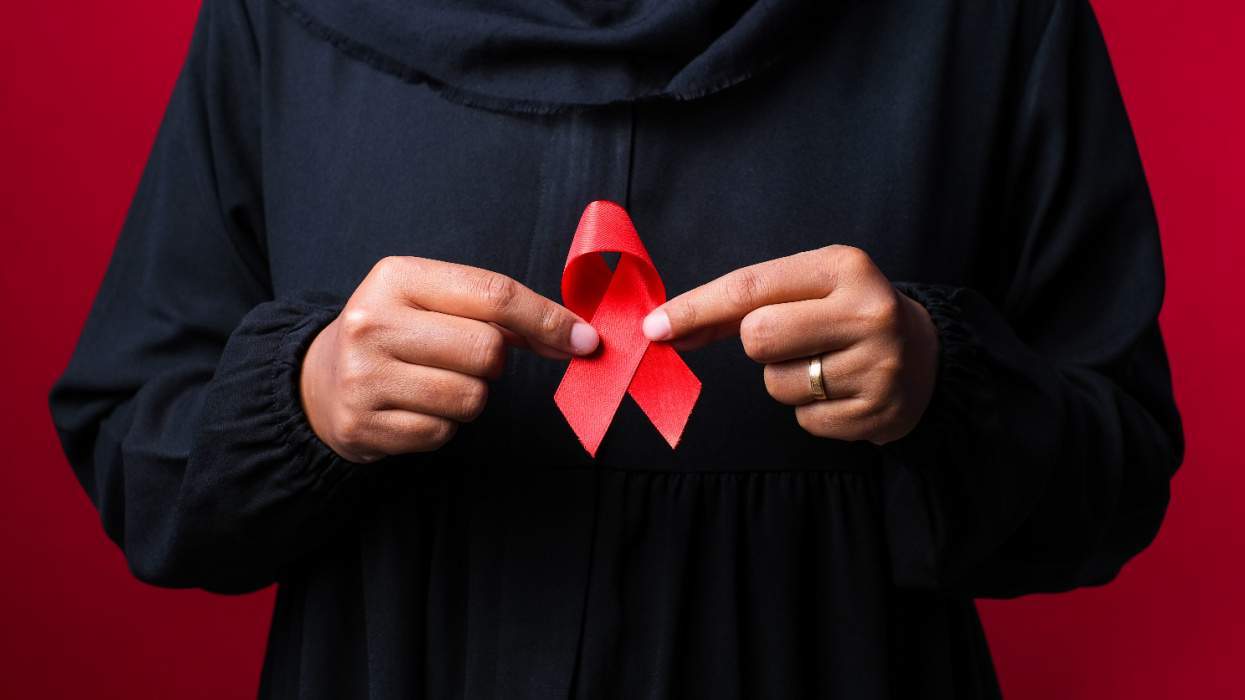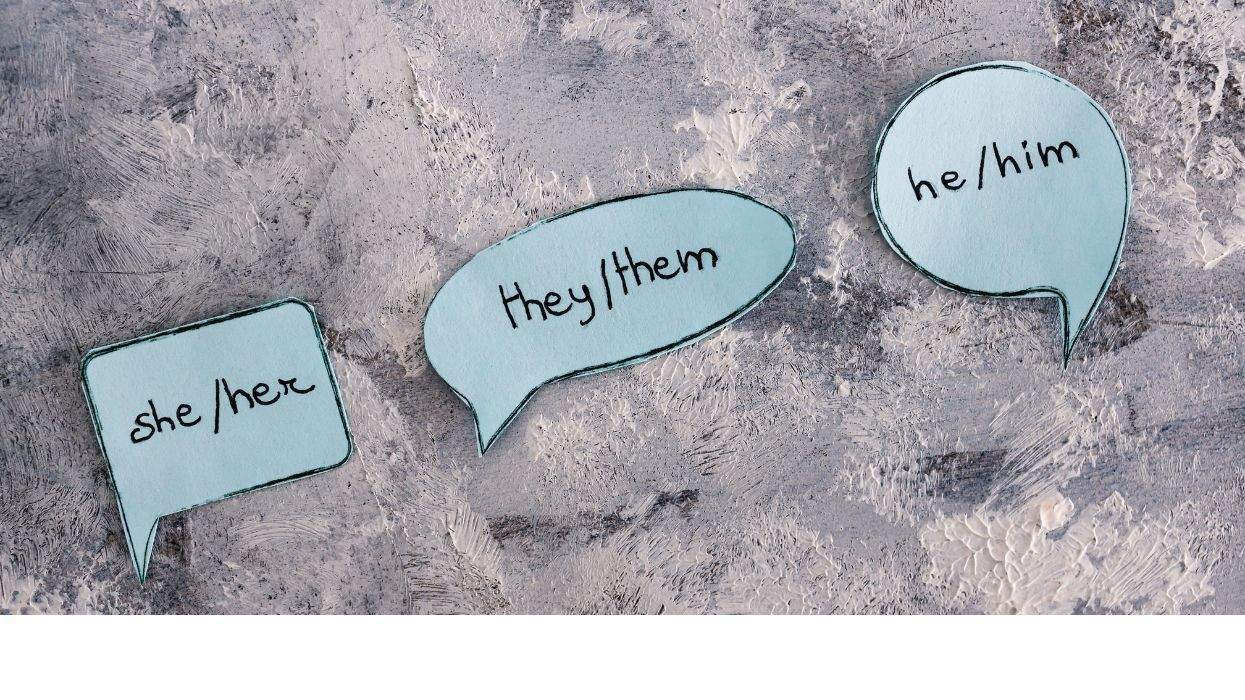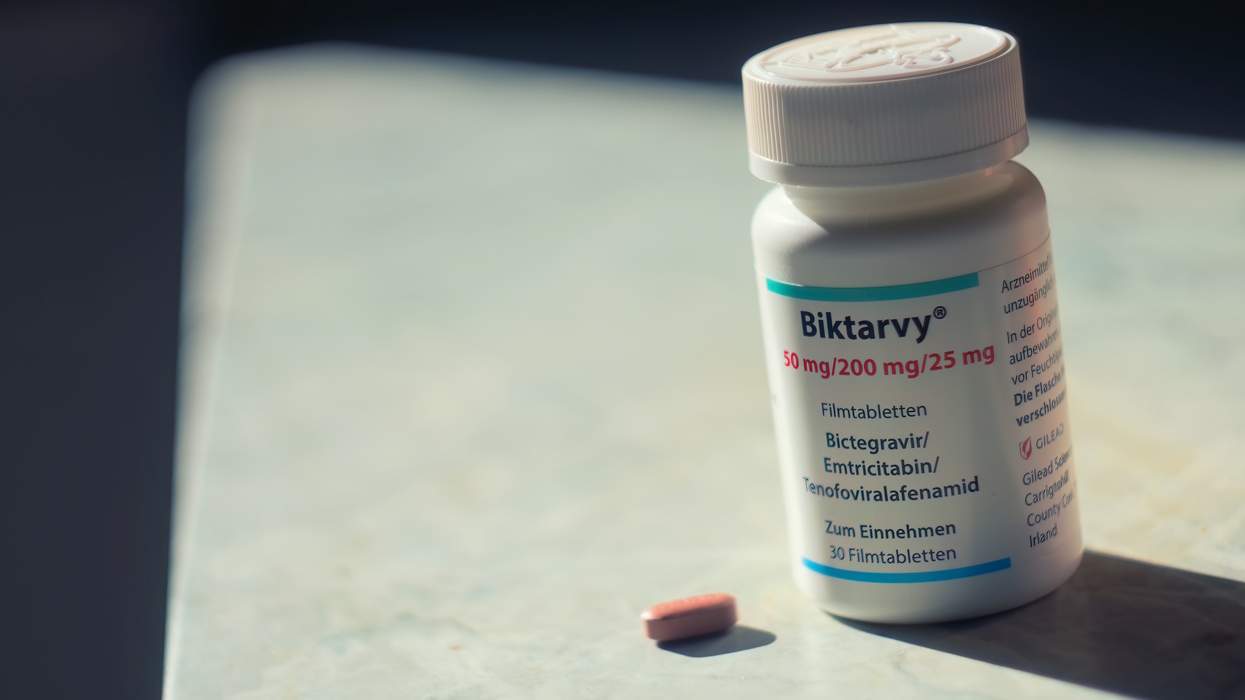As the country gears up for the 2020 election, the cybersecurity of the voting process is coming under increased scrutiny. There are fears that voting machines will be hacked or that foreign interference could swing the results.
This is particularly important for LGBTQ people because the group is a heavy user of online technologies. If voting machines are hacked, this could expose the personal details of LGBTQ voters, and these details could then be used to launch further attacks. Many LGBTQ people -- and in fact the population as a whole -- remain unaware of just how much data they are giving away when they use the web, including information that could reveal their sexuality or gender identity.
These issues also have a local analog. Last year, a cyberattack disrupted computers at a school system in Tangipahoa Parish, La., and there were also other cyberattacks in Louisiana, including some that targeted community colleges. These attacks make it clear that hackers, rather than going after financial institutions or tech companies, are increasingly focused on cracking governmental and civic computer systems.
In other words, rather than going after our money, a new breed of hackers is more focused on stealing information.
Election Security
Though cybersecurity is important at all times, the upcoming elections provide a good opportunity to think through the types of cyberattacks that LGBTQ people are exposed to. That's because the voting machines that are used in many states are not an obvious source of tech vulnerability but remain dangerous nonetheless.
Though the data held by election workers is not extensive -- typically comprising a name, address, gender, and eligibility to vote -- the problem is that these machines are connected to many other networks. These include the systems used by local election agencies to coordinate their activities as well as invoicing software and logistics systems. Even worse, many of these machines are connected to the public internet.
Voting machines with an internet connection are vulnerable to attack because they offer an easy way for hackers to access private information. And while you might not think that your name and address can be used to harm you, in reality, data like this can be used by hackers to build a profile on potential victims. With the information gleaned from a voting machine, a hacker might be able to work out your income bracket or file false paperwork in your name.
Tech and LGBTQ
The security problems inherent to internet-enabled voting machines are a problem for everyone. To some degree, hackers do not care whether you are gay, lesbian, bi, or trans. Yet the community is particularly vulnerable to cyberattack because of two main reasons.
The first is that LGBTQ people use technology more frequently than the general population, and it is a bigger part of their lives. The 2012 LGBT Community Survey commissioned by Community Marketing Inc., for instance, found that 27 percent of gay men (mainly ages 18 to 29) and 18 percent of lesbians are early adopters of new technology products within their peer lifestyle networks. In addition, the same survey found that smartphone ownership among gay and lesbian consumers is almost a third more than the national average -- 87 percent compared to 62 percent.
In fact, LGBTQ people are among the most networked people in America. Survey after survey has found that they are more likely to use digital tools such as appointment reminder software, online calendars, and cloud storage. In addition, LGBTQ people are more likely than the average American to run a successful online business, and they frequently tell pollsters that technology is an important part of their life: 59 percent of gay men and 58 percent of lesbians say they rely on technology to help manage their hectic lifestyles, a number much higher than in the general population. This high technology usage means that LGBTQ people are simply easier to hack than others.
A second reason that LGBTQ people are more likely than the average person to fall victim to a cyberattack is that -- in some cases -- they are more susceptible to blackmail. Hackers are increasingly using data stolen from online systems, including those from voting machines, to build detailed profiles of their victims. These profiles can then be used to infiltrate online accounts and reveal information that most of us would prefer to stay hidden.
This is particularly worrying for the LGBTQ community because many people would prefer that their sexuality or gender identity remain secret. Hackers have been known to threaten to reveal this information unless paid a ransom, an approach that succeeds a significant proportion of the time.
Protect Yourself
All of these factors mean that LGBTQ people need to be aware of just how much information they are sharing online and how they can protect themselves from cyberattacks. This is particularly important in an election year, when cyberattacks tend to be more frequent, but is also important on an ongoing basis.
There are several key lessons to be drawn from recent data breaches when it comes to protecting yourself against cyberattacks. You should ensure, first and foremost, that you are using strong, unique passwords for all of your online accounts. This will prevent hackers from using one account to hack your other accounts. Secondly, you should encrypt the data you send and receive online using a VPN -- a small tool that hides both your location and your sensitive information from hackers.
Business owners should also carefully consider the security of the systems they use. Your accounting software, web host, and marketing tools should all be chosen with security in mind. In addition, you should ensure that your business systems are not directly linked to your personal accounts, because business networks are a major target for hackers.
Finally, a more simple approach for LGBTQ people who want to keep the details of their lives private is to limit the amount of information they share online. Even a decade ago, Facebook and Twitter were regarded as private spaces where members of the community could be honest about this information. Today, given the worrying prevalence of hacks, all of us should think carefully about posting information that we don't want the world to know.
A Final Word
The security concerns that surround the upcoming election are certainly justified. Hackers have recently taken aim at city governments, and civic institutions appear to have become a major target for cybercrime. On the other hand, the risks that LGBTQ people are exposed to online are continuously present. Perhaps it is, therefore, best to think about election security as an example of the type of threat the community faces, and not a unique example.
Ultimately, cybersecurity is an issue that will only be solved by education. We have previously covered the strides that are being taken to improve knowledge of online security, including Louisiana State University being awarded $3.4 million for cybersecurity scholarships. We hope that programs like this will eventually lead to a much more widespread consciousness of cybersecurity, both within the LGBTQ community and outside it.
Nahla Davies is a software developer and tech writer. Follow her work at NahlaWrites.com.















